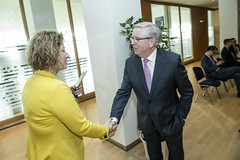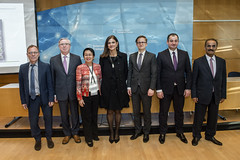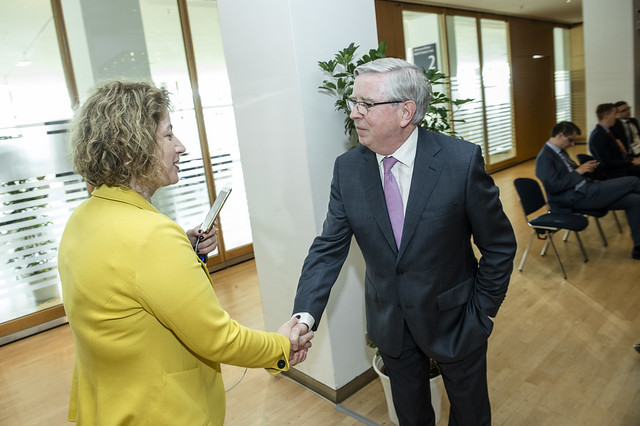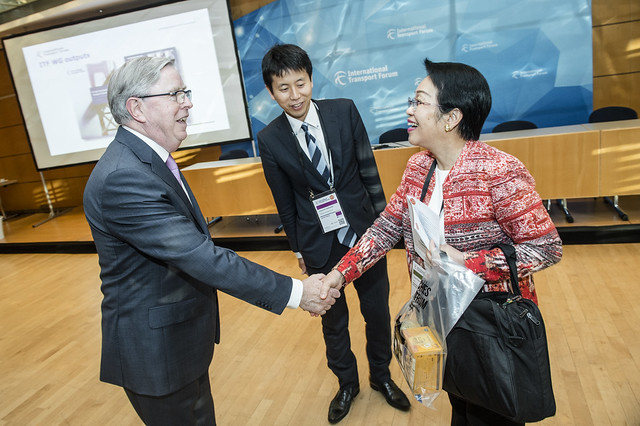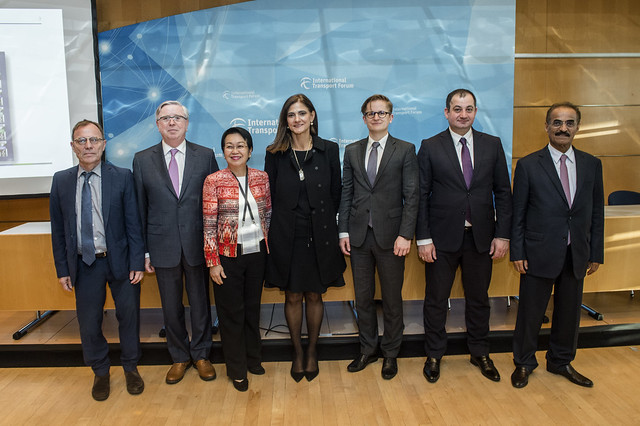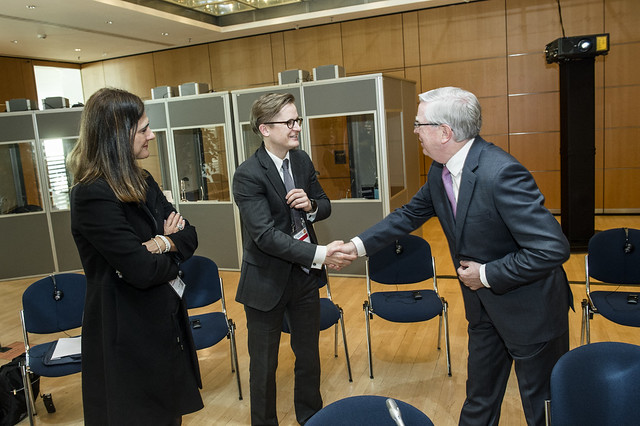Financing transport infrastructure remains a key challenge for authorities. Increasingly many governments seek private sources of finance to realise their infrastructure needs. “Financing” infrastructure, is about who borrows the money for the project, whereas “funding” is about who repays what was borrowed. There can be no financing without funding. Calling on users of the infrastructure or taxpayers to pay more, however, is often politically challenging. Hence how to spend available money more efficiently remains a major question and the context in which private finance should be considered.
To date, even in countries that most embraced private financing of infrastructure, it has never represented more than 10% of total infrastructure investment, the rest being financed by public sources.
Public-private partnerships (PPPs) in roads currently dominate transport infrastructure. In recent years, Europe has seen a flurry of negative reports on PPPs by national audit authorities, challenging the political sustainability of the approach.
ITF recently concluded a major research project, exploring when and how to involve private finance in transport infrastructure. Key findings of the work highlight that the state should reduce uncertainties the contractors face in the bidding process, by investing more effort in creating information about risk and taking responsibility for it. Second, greater discrimination is necessary in terms of where PPP is a good fit. Third, there may be other options than PPP to involve private finance in transport infrastructure.
Suggested topics for discussion include:
- What are the experiences with building strong in-house capacity to help governments become better at engaging with the private sector in procurement?
- What lessons have been learned with regard to private investment in dealing with the recent global financial crisis?
- What political preconditions are necessary for countries to consider private financing of infrastructure?
- How can infrastructure investment be made more attractive for the private sector?
Background reading:
- What is PPP and what is Regulatory Asset Base: https://www.itf-oecd.org/sites/default/files/dp_2016-01_makovsek_and_veryard.pdf
- ITF’s recently concluded major research project: https://www.itf-oecd.org/private-investment-transport-infrastructure-uncertainty
Speakers
Speakers

Elmir Velizadeh
Deputy Minister of Transport, Republic of Azerbaijan
Ministry of Transport, Communications and High Technologies







